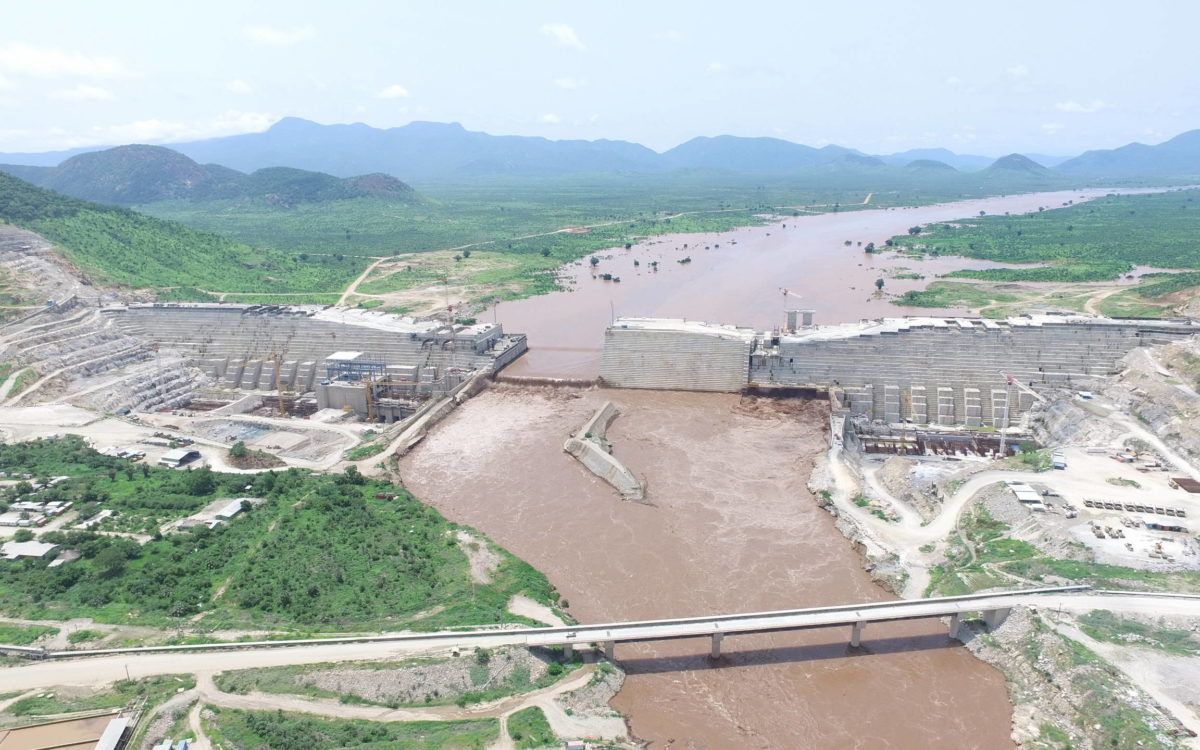
ADDIS ABABA - The intensified soil and water conservation activities that have been carried out around the Grand Ethiopian Renaissance Dam (GERD) would have a pivotal importance to minimize soil erosion and ensure the mega project's sustainability, experts in the field said.
Speaking to local media, Bahir Dar University Lecturer Mulatu Liyew said that Ethiopia loses about 400-573 million tons of soil by erosion annually. Also, the country loses 265-344 million tons of soil every year by River Nile, where the GERD is situated.
"If we did not apply soil erosion protection and water conservation projects around the dam, the GERD reservoir will be full within fifty years."
The academician further stated that universities, research institutions and other concerned bodies should execute research-based soil conservation and water protection activities in a combined manner.
Sharing the above, Addis Ababa University Water and Land Resource Director Getu Zeleke (PhD) said that high sediment can be accumulated in the GERD if it is not able to decrease the amount by half. The coordinated effort of sediment minifying can help the country to save a substantial foreign currency.
"A very coordinated river basin development work has to be well consolidated in a bid to transfer this grand dam from generation to generation and to make it sustainable as well."
The expert highlighted that the soil and water conservation and protection works should be expanded and regularly practiced as they are of paramount importance in making farmers beneficial. The greenery development work should also be sustainable and identify places where seedlings are planted.